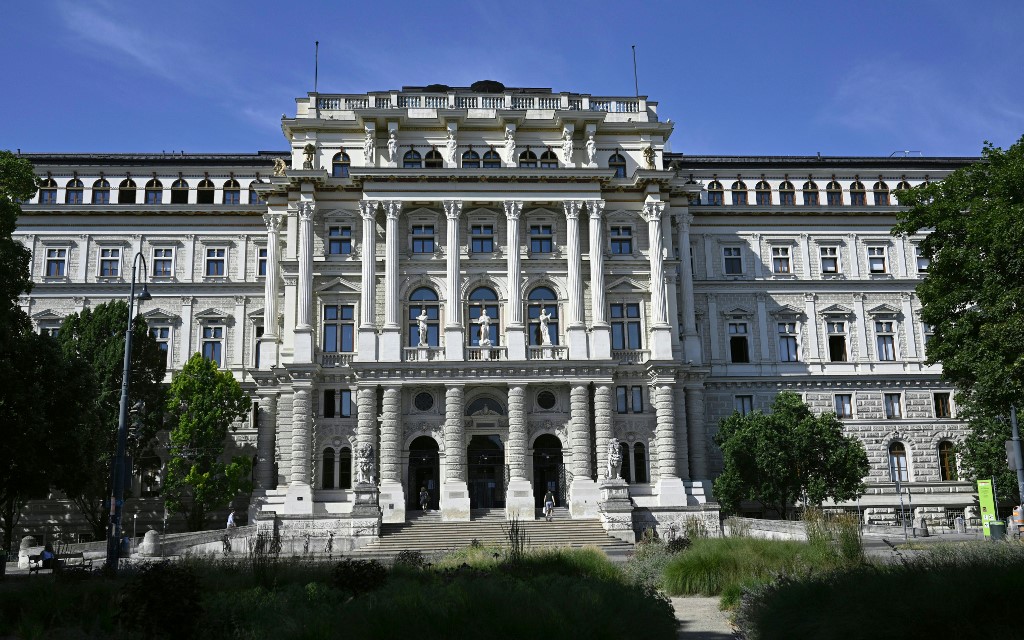
Dangerous Decision: Austria Rcognises Ruling Based on Sharia Law
The Vienna Regional Court has upheld a ruling handed down under Sharia law. The judgment has provoked outrage, with some warning of a dangerous breakthrough towards a system of parallel justice.
The Vienna court made it clear that, in its view, it was not its task to examine which Islamic legal rules had actually been applied. The only decisive factor was whether the outcome violated the “fundamental values” of Austrian law.
In doing so, the court made clear that rules of Islamic law can be applied in property disputes in Austria, regardless of whether their substance is consistent with existing laws.
Warnings over parallel justice and recognition of Sharia
“We would like to point out that ‘Sharia law’ in any form, as well as the introduction of two different legal systems in Europe, is prohibited,”
– the Turkish Cultural Community (TKG) stated on its website. In its protest it further stressed:
“The ruling violates the fundamental rights of the European Union.”
The Turkish community regards the following sentences from the judgment as particularly offensive and dangerous: “It cannot be verified whether Islamic legal rules were applied here, and if so, which ones” (47 R65/25v), and “The result of the arbitral tribunal’s judgment is not contrary to Austria’s fundamental values. Islamic legal rules may therefore be valid in arbitration agreements relating to property claims.”
The community has strongly rejected this. “In its judgment of 13 February 2003, the European Court of Human Rights confirmed that Sharia law and the discrimination arising from it, as well as the introduction of two different legal systems in Europe, are prohibited. By recognising Islamic law, the Vienna Regional Court has breached a total of 96 articles of the consolidated version of the Treaty on the Functioning of the European Union, which entered into force on 30 March 2010 (Official Journal of the EU C 83/47), 15 articles of the Treaty on European Union (C 83/13), and 16 articles of the Charter of Fundamental Rights of the EU (C 83/02),” the Turkish Cultural Community claimed in its legal opinion.
Sharia is incompatible with the core principles of democracy
“In its verdict reached on 13 February 2003, the European Court of Human Rights found and acknowledged that Sharia law and the discrimination stemming from it, and the introduction of two different legal systems in Europe – as the Vienna Regional Court is now attempting – are prohibited,”
– said Melissa Gunes, the community’s secretary-general.
The introduction of parallel legal systems is therefore incompatible with the European Convention on Human Rights (ECHR), while Sharia is incompatible with the democratic principles enshrined in the convention.
“In order to ensure that the principle of the separation of church and state – one of the foundations of the EU – cannot be circumvented, the Turkish Cultural Community in Austria demands in various legislative processes, both nationally and internationally, that this issue be banned in every field!” the community declared. According to the organisation, the Vienna Regional Court’s decision amounts to “a serious intrusion into the secular economy today, and tomorrow into regulations on production, services, sales and supply.”
The Turkish Cultural Community also considers the specific „€320,000 case” extremely alarming, criticising the circumvention of the finance ministry and Austria’s tax authorities:
“As Muslims in the EU and in our new homeland, Austria, we must not only respect the constitution and the laws, but in such an agreement worth €320,000 it would be essential to involve a lawyer and a public notary.”
Experts note that while deference to political Islam has become commonplace in Europe, those Muslims who have consciously migrated to Europe and value democratic principles are issuing urgent warnings against the relinquishing of secular values.

